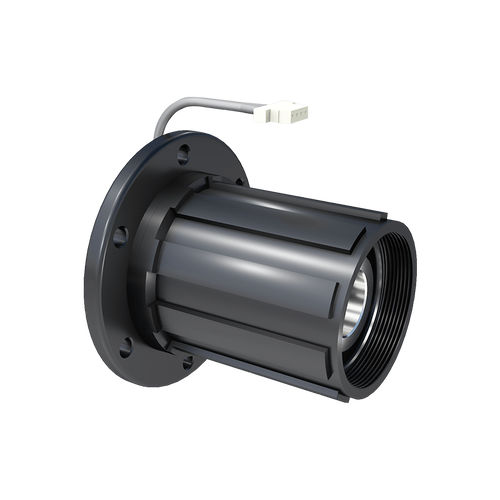kylerlaird
1 W
I've been using T9 BBs with some success and lots of failures. I've got a stack of dead ones. I have a couple T17 BBs "out for delivery" right now but I'm wondering if I should rethink my approach.
The more I read about torque sensors, the more I notice comments about how bad the designs are. Even the threads on the grounding issue for the ERiders give me the feeling that these sensors are operating right on the edge of failure. The rear dropout sensors look like they're even more finicky. I'm considering making a chain deflection/speed sensor because that's the only thing I can easily do myself but that's adding exposed moving parts.
I love torque control (and hate cadence control) but I want to move beyond tinkering to something that's ready for casual use. Is there a bulletproof torque sensor? I dream of a waterproof BB with CAN that just works. Is it so hard?
I'm open to suggestions.
The more I read about torque sensors, the more I notice comments about how bad the designs are. Even the threads on the grounding issue for the ERiders give me the feeling that these sensors are operating right on the edge of failure. The rear dropout sensors look like they're even more finicky. I'm considering making a chain deflection/speed sensor because that's the only thing I can easily do myself but that's adding exposed moving parts.
I love torque control (and hate cadence control) but I want to move beyond tinkering to something that's ready for casual use. Is there a bulletproof torque sensor? I dream of a waterproof BB with CAN that just works. Is it so hard?
I'm open to suggestions.




